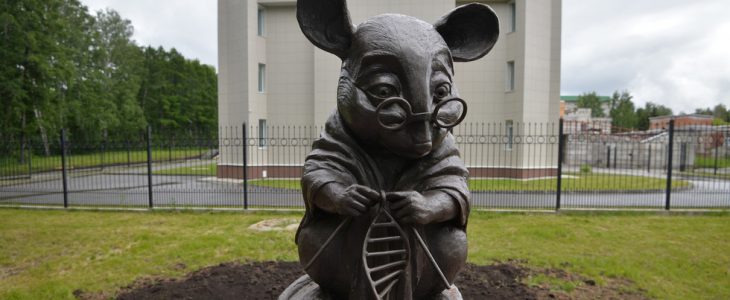
President Vladimir Putin has ordered the creation of a national database of genetic information as part of a major push to advance genetic research in Russia.
The future database will be one of the tools that Russia hopes to use to assume a leading position in the biomedical industry. The government sees it as crucial for keeping the country competitive on the world stage going forward.

The Kurchatov Institute, which is best known for nuclear research, has been tasked with laying the foundation for the database, choosing the storage format and making tools for search and analysis. The institute has experience in the secure handling of large amounts of sensitive data and operates a number of data centers across Russia which are used for scientific collaboration projects.
The decree on genetics research issued this week is a follow-up to a top level government meeting on the subject in mid-May. “We all realize how powerful genetic technologies can be. That is why we need a system that would keep their use under control,” Putin said during the session.

The president also ordered a boost in the education of specialists in genetics and genome sequencing and the domestic production of necessary laboratory equipment, as well as tax cuts for biomedical research. Russia will also open world-class genome research centers which will, among their immediate goals, work on the development of treatments and vaccines for Covid-19.
Large databases of genetic information are a useful tool in many scientific areas, from tracing historical migration to assessing the effectiveness of drugs in a population. For some types of studies, like tracking hereditary diseases on a national level, these databases are indispensable.
Few details about the national database have been made public so far, but it might not be limited to human genomes, based on what was discussed at the meeting in May.
Aleksandr Blagov, the director of the Kurchatov Institute, suggested the mass sequencing of genomes of microbes that various research organizations in Russia store in their collections, and offering access to the data through his institute’s network.
Credit: RT
